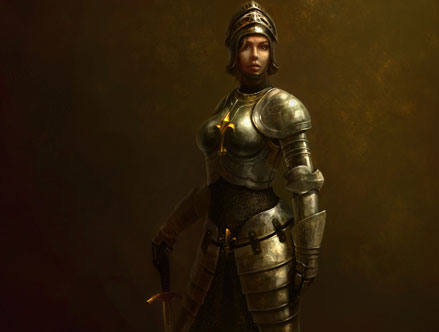

Edward claimed succession, broke his truce and conquered western Brittany before declaring another truce in 1342. In the Battle of Sluys, Edward's navy (despite being converted merchant boats) defeated the French navy to secure the English Channel. However while 1337 was the official declaration of war Edward waited until 1340 to build up the resources for his campaigns. In the following years, tensions between England and France intensified.Įngland's Edward III asserted his right to the French throne by declaring war in 1337.

However Edward quickly changed his mind, claiming that he should have been chosen as King of France instead: especially as France strengthened their alliance with England's rival: Scotland.

The English King Edward III initially supported Philip's ascension: primarily so that Edward could keep his current territory of Gascony without French hostilities. On 1 April 1328 he was officially succeeded by the King Philip VI. On 1 February 1328, Charles IV of France died. Lasting between 1337–1453 (116 years) it is arguably the longest war ever fought (although the war did see temporary ceasefires). The Hundreds Year War, combined with the Black Death, made the 1300s a period of death and destruction within Europe.


 0 kommentar(er)
0 kommentar(er)
